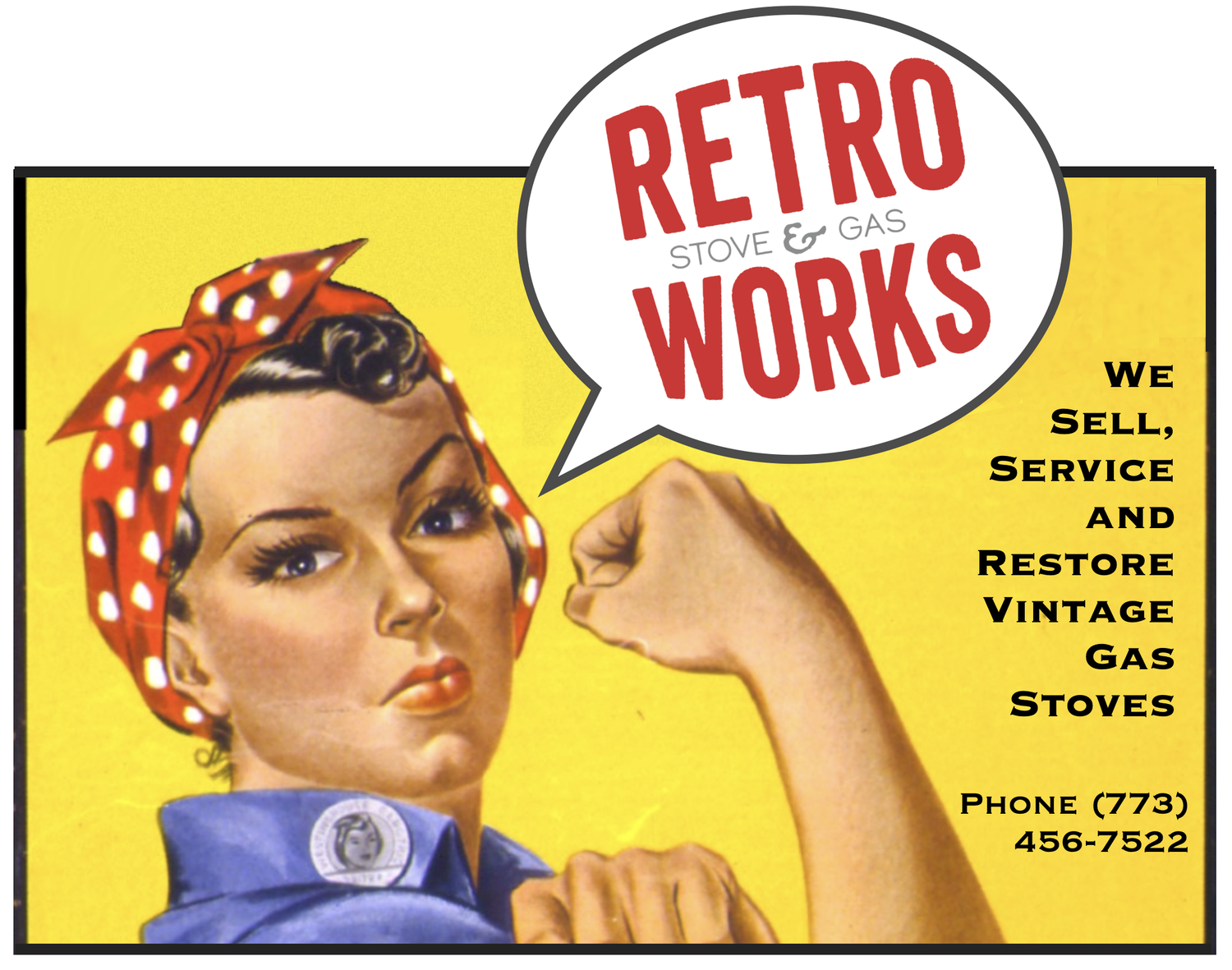Stove Spa
Over 20 years of expert cleaning of residential and commercial stoves
Our Stove Spa Cleaning Service Rates: $165 per hour for residential stoves, $200 per hour for commercial stoves. $500 visit minimum. Price and final condition estimate will be offered at time of service.
Time Estimate: Minimum 4 hours, maximum 8 hours.
How To Prepare for Our Visit
Please remove:
all items from inside and on top of the stove.
pots/pans hanging on walls next to stove.
items from adjacent countertops.
for wall ovens and cooktops, please remove items from below the units, and in any cabinets that allow access to the gas lines supplying the units.
Also:
Push aside tables/chairs. We bring in lots of gear and need space to place components we remove from the stove.
We will need access to a kitchen or utility sink, so please clear the area to and around the sink.
We may need to access your basement to find a shut-off valve for the stove. If one is not present, we will have to turn off gas to the home via a shut-off at the gas meter. If so, after servicing the stove, we will need to access the furnace and water heater in order to relight both. Please ensure we can access all of the above.
Burners, drip pans, burner grates, etc. can have years of blackened carbonized grease built up. It is often necessary to remove these components to our shop for thorough cleaning at an extra charge. If needed, we’ll give you an estimate for this at the time of service.
Please fill out the form below to schedule StoveSpa cleaning service!
From Volkswagens, to Salmon, to Cleaning Stoves…. Go figure.
It all starts in Kodiak, Alaska…
…where I hire on as cook and skiff pilot aboard LaMer, a 40’ steel-hulled salmon seiner based in Dog Harbor. After stowing 7 shopping carts full of provisions in every nook and cranny of the cabin, my immediate problem is the barely-working diesel stove on which I’m supposed to prepare meals.
I find it quite strange that Bob Bowser, the captain and owner of the boat, says the stove hasn’t worked in a while. He has no idea what’s wrong with it, and offers no suggestions on how to fix it. So what the heck am I supposed to do? I know nothing about being a cook. I have never worked on a fishing boat. And about piloting a 400 horsepower skiff, I have absolutely no clue whatsoever.
Well… There are two things that I do know, absolutely and for certain: One: tomorrow morning we are heading out for maybe three weeks or more. Two: having heard that on the water, problems somehow end up conveniently falling overboard, the very last place I want to be, with my captain and crew wondering why they aren’t getting hot meals, is in the middle of the foggy, rainy, windy, and very cold north Pacific. I must - right away - figure out how to make sense of this danged diesel cooking contraption. Three! There are three things I know for absolutely certain.
Poking around, I find that the stove lights with a match, has a switch for a blower, belches out black smoke, and its oven won’t go past 200 degrees. It doesn’t look or behave like any kitchen stove, camp stove, or anything else I’ve ever cooked on.
As I continue to explore, gradually, those characteristics start to ring familiar. Wait a second…. Yes! My old 1966 Volkswagen Squareback! This stove’s quirks are practically the same as those of the odd gasoline-fed air heater in that car. It sat on top of the gas tank, glowing a disconcerting cherry red, forcing its heated air into the passenger compartment with a vibrating drone. My salvation here in Dog Harbor just might be my experience working on that car’s insane buzz bomb heater back in Illinois.
So, I get to work: clean out the soot, adjust the fuel feed, discover a completely closed air shutter and set it open. Like magic, with the touch of a match, the lanky yellow flames that had been emitting wispy ribbons of black soot transform into crisp little, smokeless blue cones. The temperature shoots up and - thank God Almighty - this little iron stove cranks out the heat. From that day and throughout the entire season, it reliably yields a hot mess of baked salmon and halibut, casseroles, biscuits, pies, bread, and more. I have been convinced ever since that having a clean stove is the only way to have a well performing stove.
All of us here at StoveSpa love transforming crudded-up cooking contraptions into the clean machines that everyone in your crew benefits from and enjoys using. Get on board by filling out the form above to set up an appointment.


